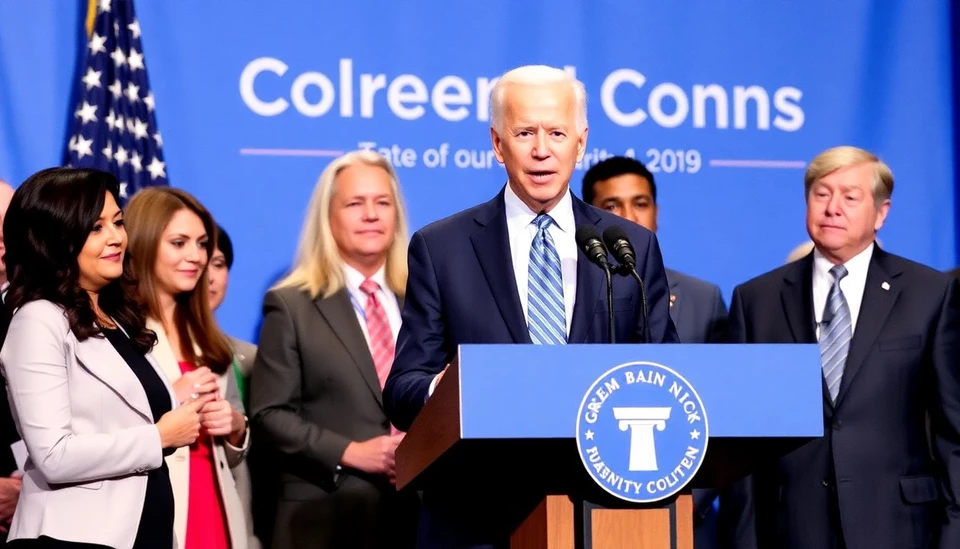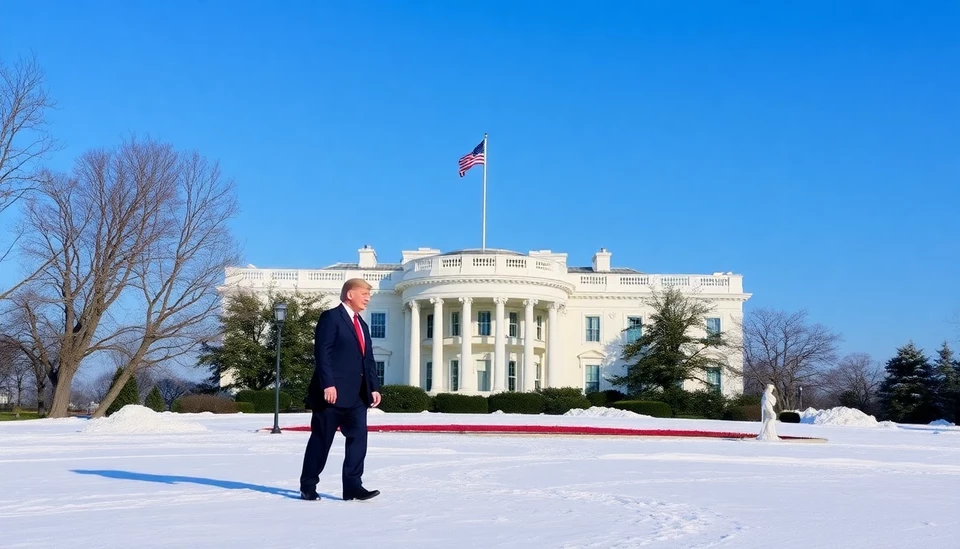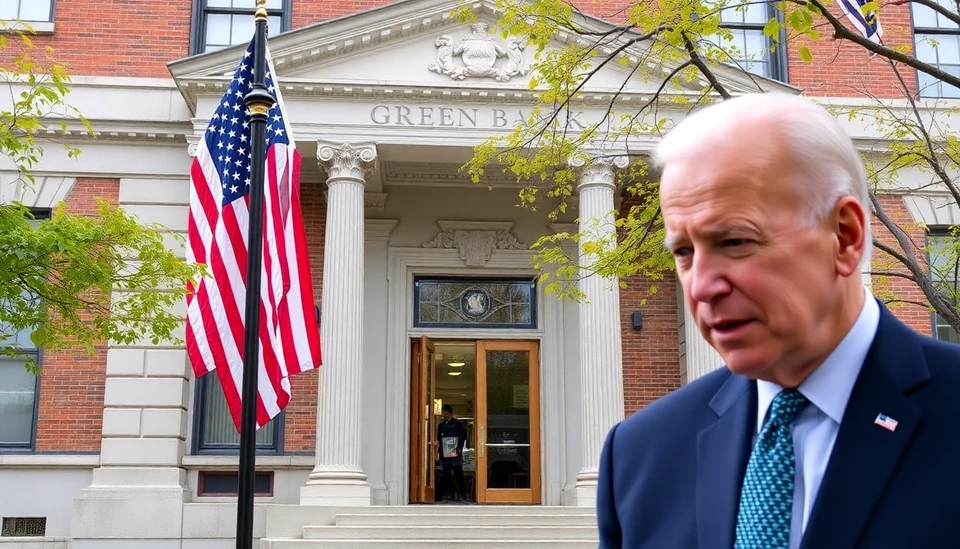
In an ambitious move to bolster the United States' clean energy sector, President Joe Biden's administration is rapidly advancing the establishment of a transformative $400 billion green bank. As the country approaches the 2024 presidential elections, this initiative symbolizes not only a commitment to renewable energy but also a strategic counter to potential policy shifts under a different administration. The green bank aims to mobilize vast sums of private investment into sustainable projects, significantly reducing the financial barriers associated with transitioning to clean technologies.
This initiative has gained momentum as part of Biden's broader climate agenda, propelled by the Inflation Reduction Act, which has laid the groundwork for substantial investments in clean energy infrastructure. The green bank is designed to leverage government funding to entice private investors to fund various initiatives, such as solar, wind, and other renewable energy sources. Economic analysts anticipate that this influx of financial resources could stimulate innovation and job growth while combating climate change.
The Biden administration's urgency in rolling out this initiative is further underscored by the looming potential return of former President Donald Trump, who has consistently questioned the validity and practicality of environmental regulations and renewable energy investments. With Trump's re-emergence as a significant political force, Biden's green bank could serve as a pivotal element of his campaign narrative, showcasing a clear distinction between approaches to climate change and economic revitalization.
Under the current blueprint, the green bank will encompass a wide array of funding mechanisms designed to support projects across various sectors, including transportation, infrastructure, and residential energy efficiency. One of the primary goals will be to make green financing accessible to a broader range of communities, particularly those historically underserved by conventional financial institutions. Experts believe that by addressing capital constraints and enhancing equity in energy access, the initiative could lead to more inclusive growth while tackling the climate crisis.
Biden's plan has been generally well-received by environmental advocates who emphasize the importance of proactive measures in the face of a rapidly changing climate. They argue that without a strong commitment to renewable energy, the U.S. risks falling behind other nations in the global race towards sustainability and low-carbon economies. Analysts point out that success in implementing this green bank could not only yield environmental benefits but also position the U.S. as a leader in the green economy, fostering partnerships and trade opportunities worldwide.
As the initiative continues to develop, the Biden administration faces challenges related to funding allocation, stakeholder engagement, and ensuring that the efforts yield tangible results. There are also concerns regarding regulatory hurdles that might impede progress in deploying necessary technologies and building essential infrastructure. Nevertheless, the administration is optimistic that the groundwork laid out under the previous programs—together with bipartisan support—will cultivate a favorable environment for the green bank's success.
In sum, the establishment of Biden's green bank is a monumental stride toward enhancing the nation's clean energy landscape, particularly in the face of potential political shifts. With strong public support and a strategic framework in place, this initiative is set to play a crucial role in the ongoing dialogue surrounding climate action in the coming years, underscoring the need for continued leadership in addressing one of the most pressing challenges of our time.
#GreenBank #Biden #CleanEnergy #ClimateChange #Investment #Sustainability #FutureOfEnergy #2024Elections #EnvironmentalJustice
Author: Sophie Bennett




